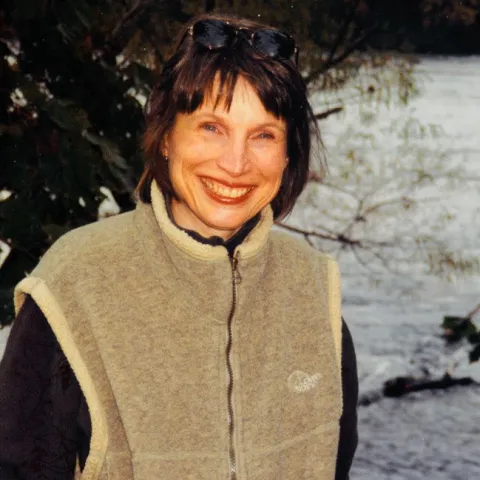In 1982, William Styron met in the SCETV studio with a group of students from the University of South Carolina's creative writing program to discuss the whys and wherefores of becoming a writer. Styron observed that "Why one wants to be a writer is always a puzzle, because it doesn't offer the same rewards to everyone; it's something you have to do, I think." Styron recalls his beginnings as a writer of "not very good" short stories and explains how his first novel came into being. He talked about writing Sophie’s Choice and how that novel made the themes surrounding Auschwitz more approachable to the reader. Styron also examines the world of literature in general, bringing to light an "underground" American classic and making a surprising confession about his own reading tastes. He gave up the short story because people used to look forward to the arrival of the magazines that brought short stories to their readers. These magazines and journals largely disappeared, and the novel has, by contrast, almost superseded the short story.
Side Notes:
- Born June 11, 1925 - Died November 1, 2006
- May 27: Publication and New York Times review of Sophie's Choice in 1979.
- December 8-10, 1982: Los Angeles and widespread release of the movie adaptation of Sophie's Choice.
- After recovering from a serious bout of depression in 1985, he wrote and published the memoir Darkness Visible in 1990.
The Writer's Workshop features 15 major talents in contemporary literature who met in a one-on-one forum with well-known author William Price Fox and University of South Carolina creative writing students. Each writer discussed his or her personal writing methods, furnishing insights into the highly individualized process of literary creation. Other authors include George Plimpton, James Dickey, James McPherson, John Gardener, John Hawkes, John Irving, Kurt Vonnegut, Nora Ephron, Pauline Kael, Reynolds Price, Stephen Spender, Susan Sontag, Tom Wolf, William Price Fox, and William Styron.


